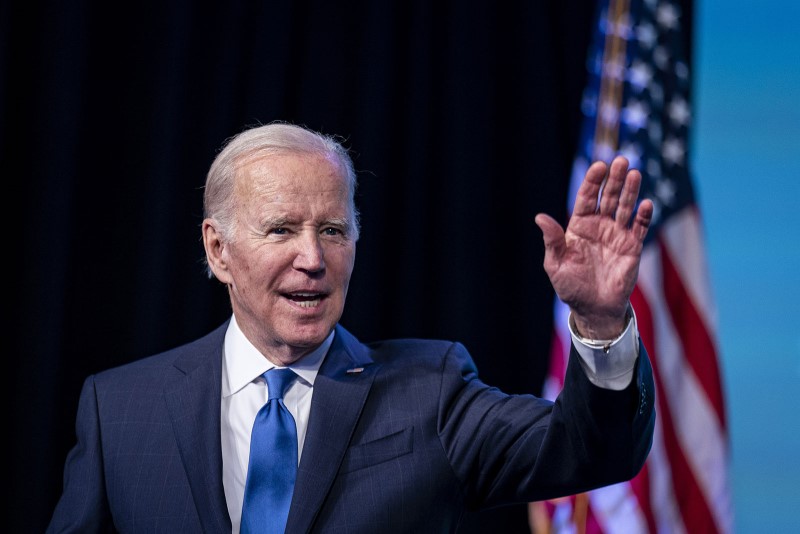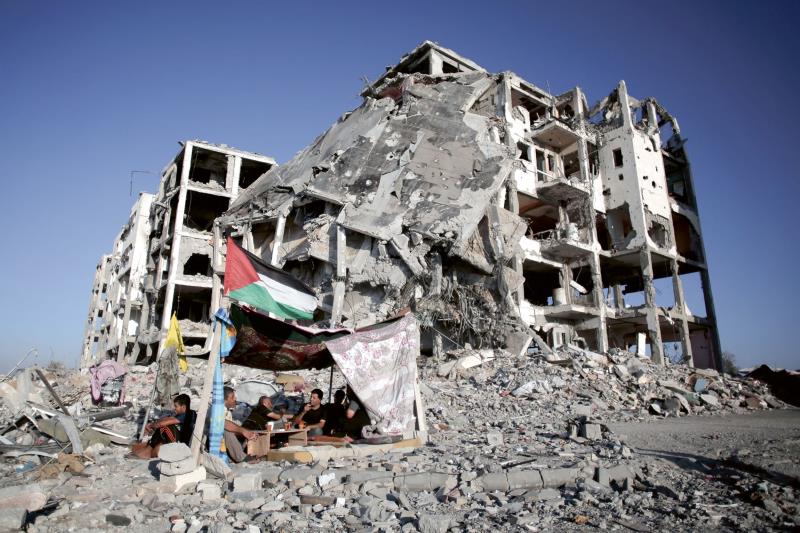The US, Qatar, and Egypt are spearheading a renewed push for cease-fire negotiations on August 15, marking the latest attempt by the Biden administration to bring an end to the ongoing war in Gaza. This initiative comes at a time when the region is on edge, bracing for a possible Iranian attack on Israel.
Urgent Call for Negotiations
In a joint statement released Thursday evening Washington time, the three mediating nations called for an urgent resumption of talks between Israel and Hamas. The The statement urged both parties to come together on August 15. The meeting should take place either in Doha or Cairo. The goal is to address all remaining gaps and expedite the implementation of a potential agreement. According to the agreement, if necessary, the mediators will offer a final bridging proposal. This proposal will aim to resolve outstanding issues in a way that meets everyone’s expectations.
Delegation and Expectations
Israel has confirmed that it will send a delegation to the August 15 talks, as announced in a post on X by the prime minister’s office. There has been no immediate comment from Hamas regarding the negotiations. US officials are tempering expectations. They note that a final agreement may not be reached on the day of the talks. A senior Biden administration official, speaking on condition of anonymity, indicated that significant work remains due to both sides’ firm positions.
Challenges and Obstacles
The talks have faced numerous obstacles. Hamas insists on a permanent halt to hostilities as a precondition. In contrast, Israeli Prime Minister Benjamin Netanyahu demands that Israeli forces continue the conflict until they completely defeat Hamas. Despite these challenges, US officials are hopeful that a deal is within reach. They remain optimistic that the framework President Biden outlined in the initial cease-fire proposal from May can bridge the remaining gaps.

Biden ‘s Administration A Strategic Shift for Kamala Harris
As Joe Biden ‘s administration enters the final 5½ months of his presidency, dynamics may shape upcoming elections in unexpected ways.
Regional Tensions and Military Preparedness
The situation has been further complicated by recent targeted killings of senior officials and commanders from the Iran-backed groups Hamas and Hezbollah. These developments have prompted Iran to threaten retaliatory strikes against Israel. In response, the US has deployed additional military assets to the region to deter Tehran. They are also assisting in intercepting any missiles, drones, or rockets aimed at Israeli targets.
Humanitarian Impact
The ongoing conflict has had a devastating impact on the region, with approximately 40,000 Palestinians reported dead, according to the Hamas-run health ministry. The US, Qatar, and Egypt have been urging both sides to halt the fighting. They are also calling for action to address the humanitarian crisis resulting from the conflict.
Embark on a thorough financial journey with a dual subscription to The Wall Street Journal and Barron’s. Enjoy 52 weeks of WSJ in print, delivered Monday through Saturday, along with both print and digital access. With Barron’s, benefit from weekly home delivery and online access to insightful analysis. Whether you’re a seasoned investor or just starting out, secure this powerful toolkit today to enhance and elevate your financial expertise.

